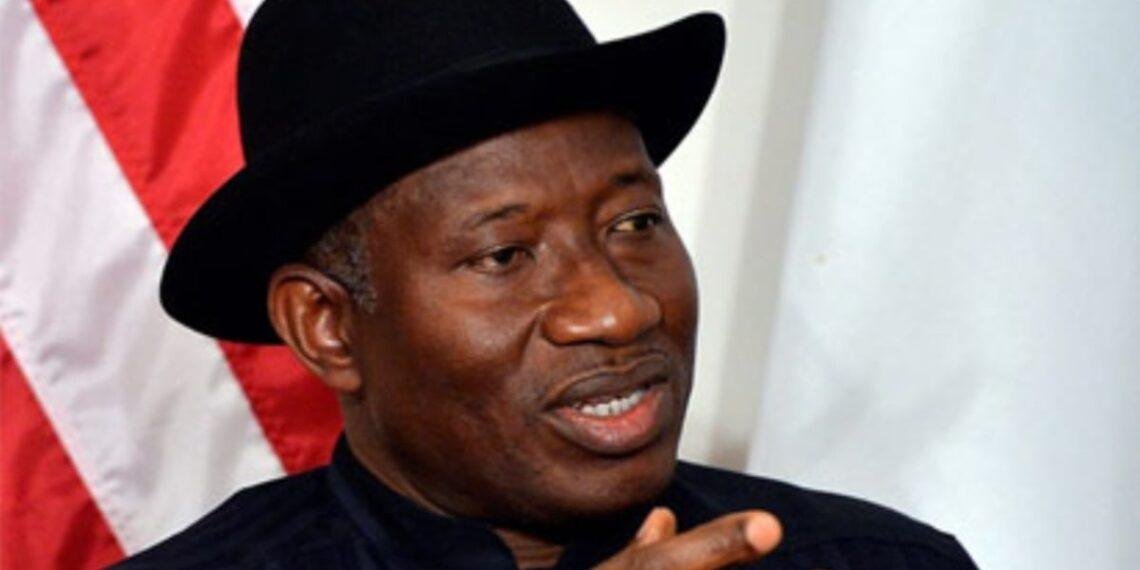Former President Goodluck Jonathan expressed concern regarding the recent declaration of a State of Emergency in Rivers State, characterizing it as a significant abuse of power by all three branches of government.
Speaking at the Haske Satumari Foundation’s annual colloquium in Abuja, he highlighted the expectation that former leaders like himself and ex-President Obasanjo would comment on the political situation, though he noted that former presidents typically refrain from interfering in current affairs to avoid escalating tensions.
Jonathan emphasized that the current political dynamics in Rivers State reflect a broader issue within Nigeria, likening it to an Indian proverb about awakening someone who is pretending to sleep.
He asserted that the key players in Nigeria’s governance, including the executive, legislature, and judiciary, are aware of the right course of action but are failing to act appropriately.
“The key actors in Nigeria, from the executive to the legislature, judiciary and the Senate and others are here.
Read also: Governors’ Forum abandons Gov. Fubara, says it won’t take partisan position on emergency rule
“And the judiciary, they know the correct thing to do. But they are refusing to do it.
“They are pretending to sleep and waking such a person is extremely difficult because the person knows the right thing, a clear abuse of office and clear abuse of power cutting across from the three arms of government, from the executive to the parliament and the judiciary.” He said.
He lamented the negative impact of these failures on national pride, citing the lack of respect for Nigerian passports abroad and the deterring effect of a compromised judiciary on investment.
Jonathan stressed that every decision made by government institutions affects the entire populace and that it is imperative to strive for right actions, even if they come at a cost.
Additionally, he called for a collective commitment to fostering good governance and promoting social change, emphasizing that these efforts are a continuous process that requires the engagement of all stakeholders, including civil society, the private sector, and government entities. Jonathan’s reflections urge a unified approach to building a nation that future generations can be proud of.






